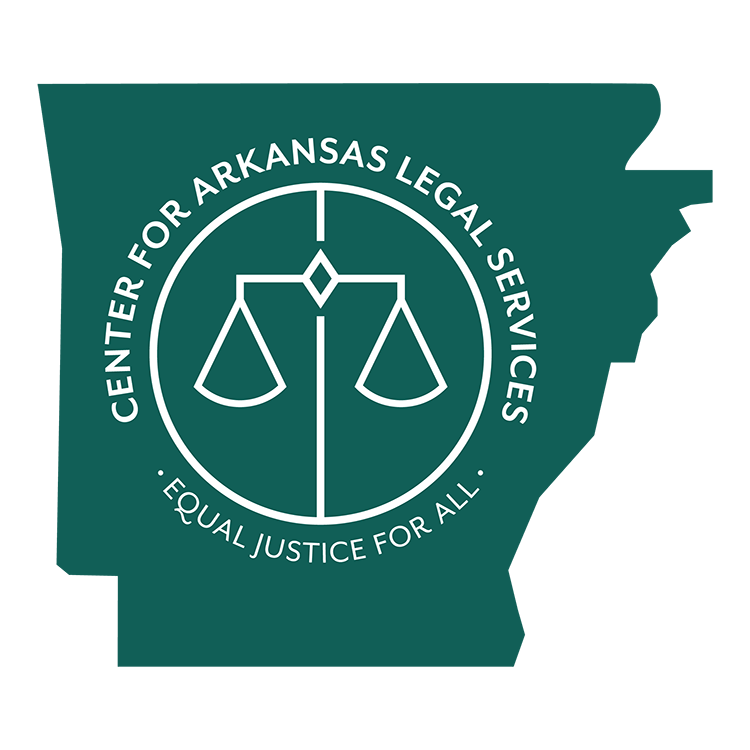Terminating a Guardianship- What You Need to Know
A guardianship is a legal order that allows another person (called a guardian) to have legal authority over another person (called a ward). The guardian will also have a duty to care for the ward and manage their property and assets. Under our system, the ward can be a minor or an adult. When the legal process is complete, it will often be called permanent guardianship. However, that wording is misleading as the guardianship may not last forever. The question is, what do you have to do to get a guardianship terminated or overturned.
As an adult, how do I terminate a guardianship?
For one person to obtain a guardianship over an adult, there must be an evaluation of the potential ward done by a medical professional to determine the need for the guardianship. This medical professional must have expertise in the field and could make the required recommendation that guardianship of the person is necessary. Suppose the evaluation determined that a guardianship is needed. In that case, the ward must have a second evaluation done that says guardianship is not needed. While it is not necessary, it would be best if the ward could get the evaluation done by the same medical professional who conducted the first evaluation. Whether it is the same medical professional or a new one, the person must have knowledge of the field and expertise to recommend that a guardianship is no longer necessary. If the ward cannot obtain the medical evaluation clearing them from all incapacities, the guardianship cannot be overturned. Only a medical professional can make this determination. Suppose the ward can obtain the updated evaluation. In that case, they must then file a Petition with the original Court requesting to terminate the guardianship because it is no longer necessary. You must attach the updated evaluation to the Petition. The Court will then set a hearing and allow you to present your case. While the medical evaluation is the most important factor, there could be other issues that may still be relevant to the Court's final determination.
As a parent, how do I get my kids back?
Unless you consented to the guardianship or another person has been appointed to care for your children, that likely means that the Court found you to be unfit. Therefore, the only way to overturn a guardianship is to prove to the Court that you are now fit. Due to the nature of the law, on this second time through, the burden will be on you to show that you are now fit.
While the Court does not lay out what it means to be fit in exact words, some case history has shown things that the Court looks for. The first is a stable home. You do not have to be rich and have a large house, but you must have a suitable residence for yourself and the children. Another related point is that the Court will likely expect you to control the home. This means that the Court would expect you to have your own home and not be dependent on someone else. Whether you are renting or purchasing, you should have some type of lease showing some ownership of the house.
Another point is income. You must have some financial income to show you can care for yourself and the children. There is no clear idea of the amount and where it must come from, but you should be able to financially support yourself and the children.
Suppose the guardianship was started due to drug issues or criminal charges. In that case, you should have all those issues cleared up before coming back. If you had a problem with drugs, the Court might require you to pass a drug test. Therefore, you should make sure that you can pass a drug test before you re-start this process.
As previously stated, there is no handbook for what the Courts look for, and some Courts may look at one factor more than others, but these are the main points that always seem to come up. If you feel that you have cleared up all the issues that started the original case, you can petition the Court to terminate the guardianship based on the above factors. The Court will later set a hearing, and you will have a chance to prove your case. If the Court thinks you have proven your case, your children will be returned to you.
If you consented to the original guardianship, all you have to do is file a Petition with the Court stating that you no longer consent. The Court will set a hearing. At that point, it will be up to the guardian to prove that you are unfit. If they cannot prove that you are unfit, your children will be returned to you.
If you need assistance with a guardianship, reach out to an attorney. If you would like to use our free services, give us a call at 501-376-3423 to speak with our helpline to see if we can help you.
AUTHOR: JEFF THOMAS, STAFF ATTORNEY FOR THE CENTER FOR ARKANSAS LEGAL SERVICES




